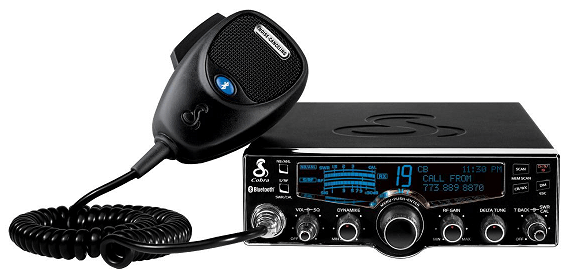What is Personal Conveyance Trucking?
Personal conveyance trucking is the driving of a commercial motor vehicle when the driver is relieved from all responsibility and duties of work. For example, driving to a restaurant or lodging area may be declared as off-duty personal use time.
Log books are generally in the driver’s possession but a copy of them is kept by the home terminal at the address of record. Driver logs must be complete and up to date, they are regulated by the hours of service regulations.
Drivers should have enough hours left so they can make a delivery on-time or make a delivery to a nearby checkpoint without being forced into excessive or unreasonable downtime.
The hours of service regulations are governed by both the federal and provincial level governments. Carriers and drivers are required to follow the hours of service regulations of the specific province or state they are entering.
Federal hours of service regulations
Hours of service regulations govern the maximum driving time and minimum off-duty times for drivers operating commercial motor vehicles in Canadian jurisdiction. HOS rules were created to prevent and minimize dangerous accidents related to fatigue from occurring. Carriers are required to include the HOS rules within their company driver policy and safety program. According to the federal regulations outlined in the Commercial Vehicle Drivers Hours of Service Regulations, HOS laws are to be followed by drivers that operate commercial vehicles that have a gross vehicle weight greater than 4,500 kilograms and that operate in multiple provinces, territories or states.
If a carrier operates in more than one province or territory, they must adhere to the federal HOS laws, and if the carrier only operates within a single province, they must adhere to the provincial HOS laws.
Section 4 of the Commercial Vehicle Drivers Hours of Service Regulations places responsibility to help prevent fatigue-related incidents involving commercial motor vehicles onto: the motor carrier, the driver, company employees such as the dispatcher and safety officer, the shipper, and the consignee.
If the parties observe that the driver’s mental or physical state is too impaired to drive, driving would put the safety and/or health of the public, driver, or the employees of the carrier at risk, the driver is subject to an out-of-service declaration, or if the driver were to operate a CMV, and it would NOT be in compliance with the HOS laws then that party must take steps to prevent the driver from driving.
If the parties above are aware of the violation of HOS regulations but fail to take the appropriate steps, then they are liable to enforcement action.
The Federal HOS regulations do not apply to commercial vehicles when driven for personal conveyance if:
- The vehicle has been unloaded
- Any trailers have been unhitched
- Distance traveled is not greater than 75 kilometers per day
- Driver has recorded the odometer/tachograph reading in the logbook;
- The driver is not subject to an out-of-service declaration.
Federal hours of service can be extended in the circumstance that a driver needs to exceed his hours of service limitations due to a safety threat or emergency. The driver must stop at the first place of safety. The driver can exceed his HOS limits if the occupants, commercial vehicle, or freight safety is at risk. This exemption must be detailed in the remarks section of the daily log.



